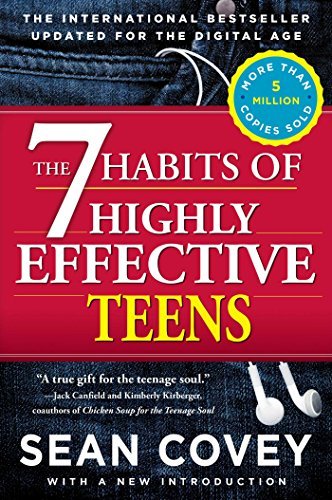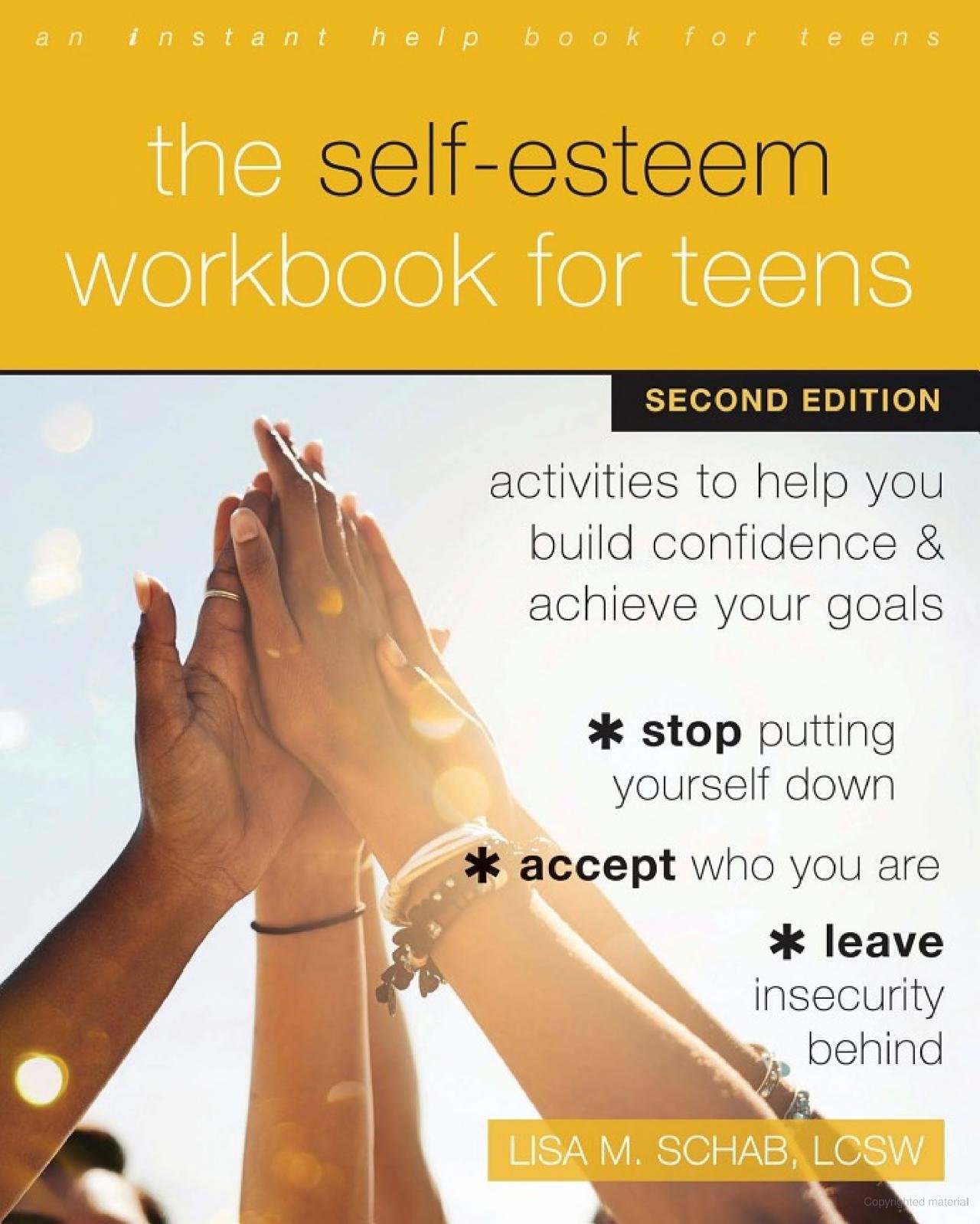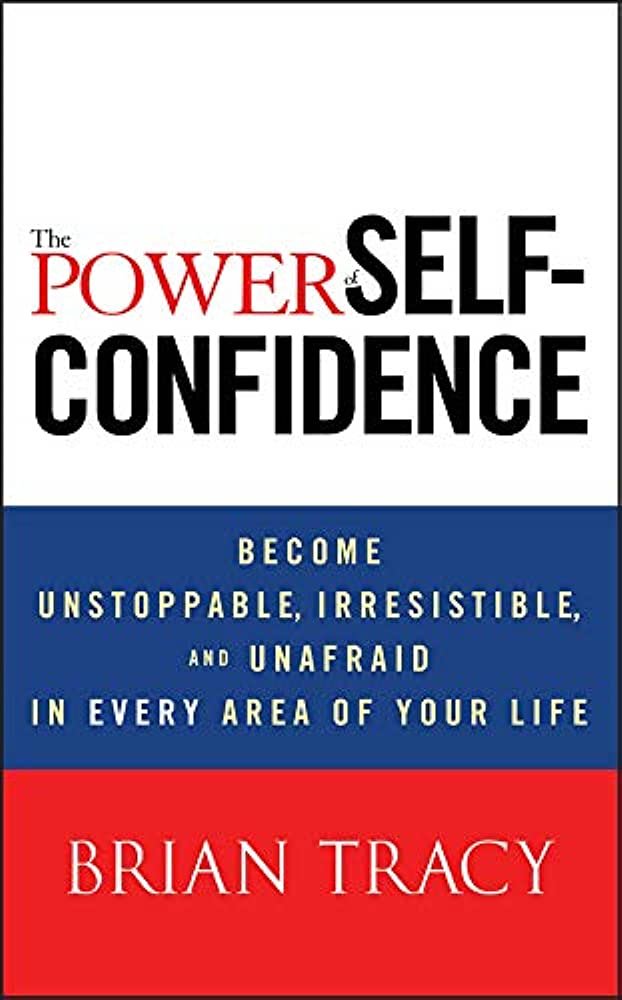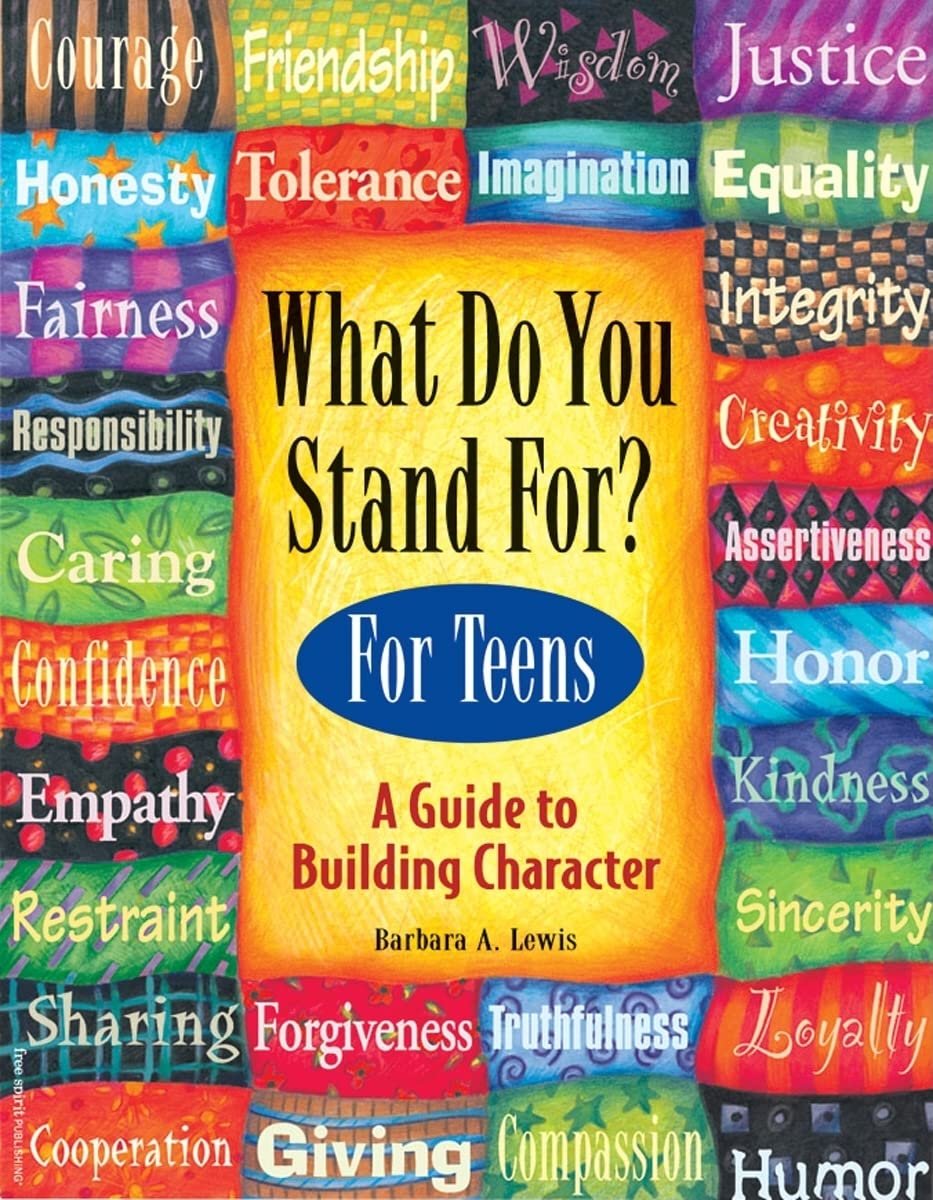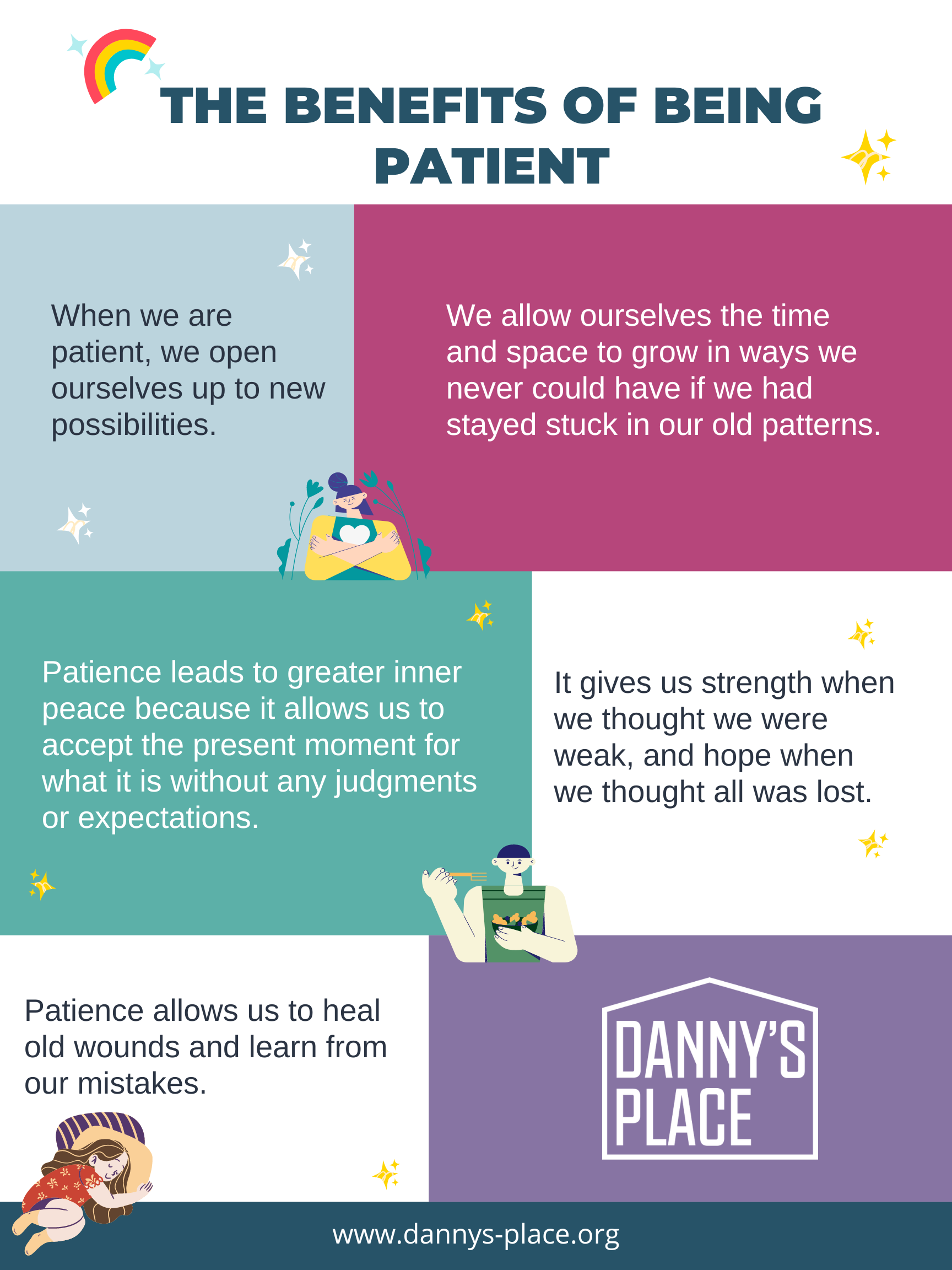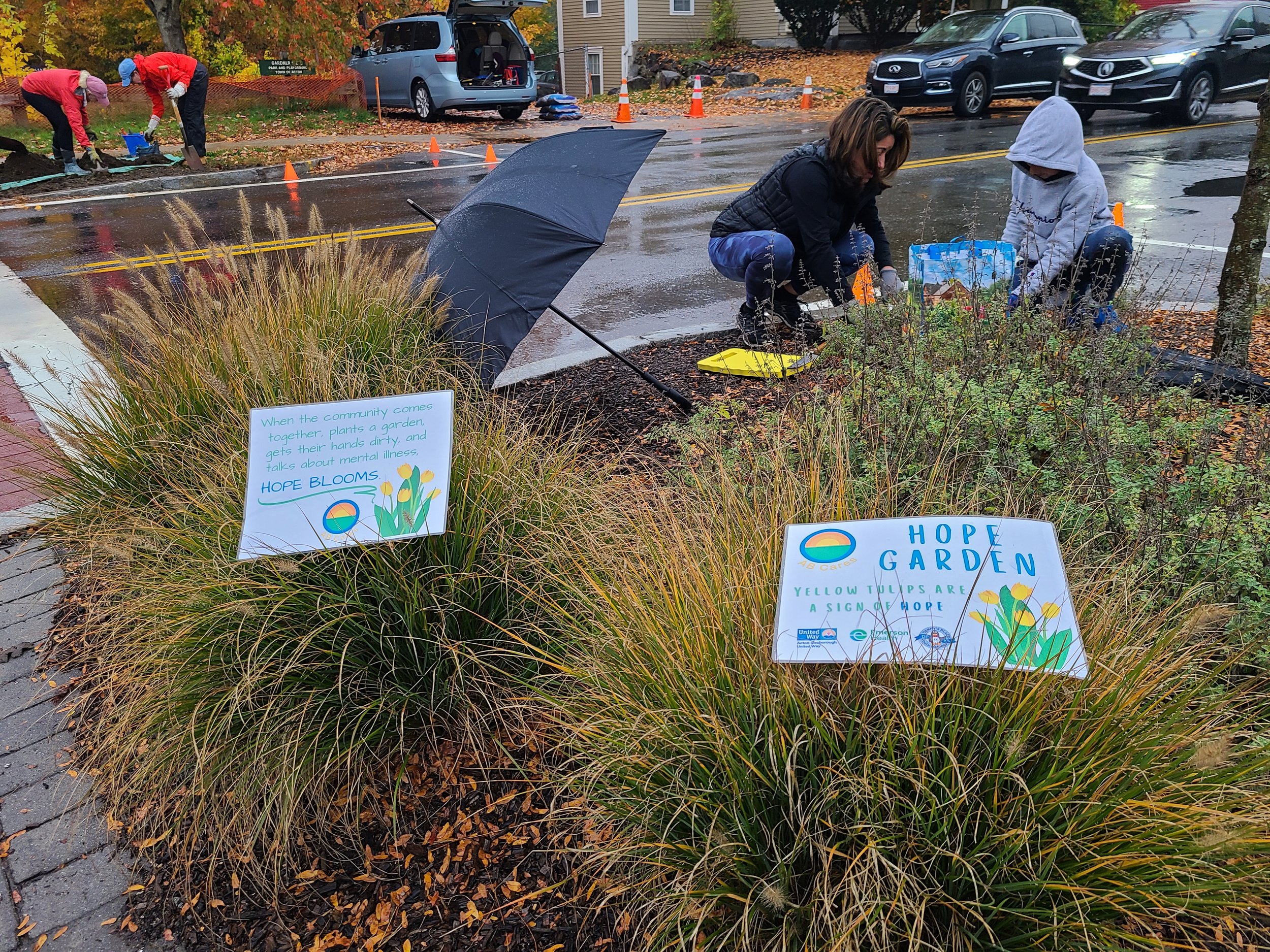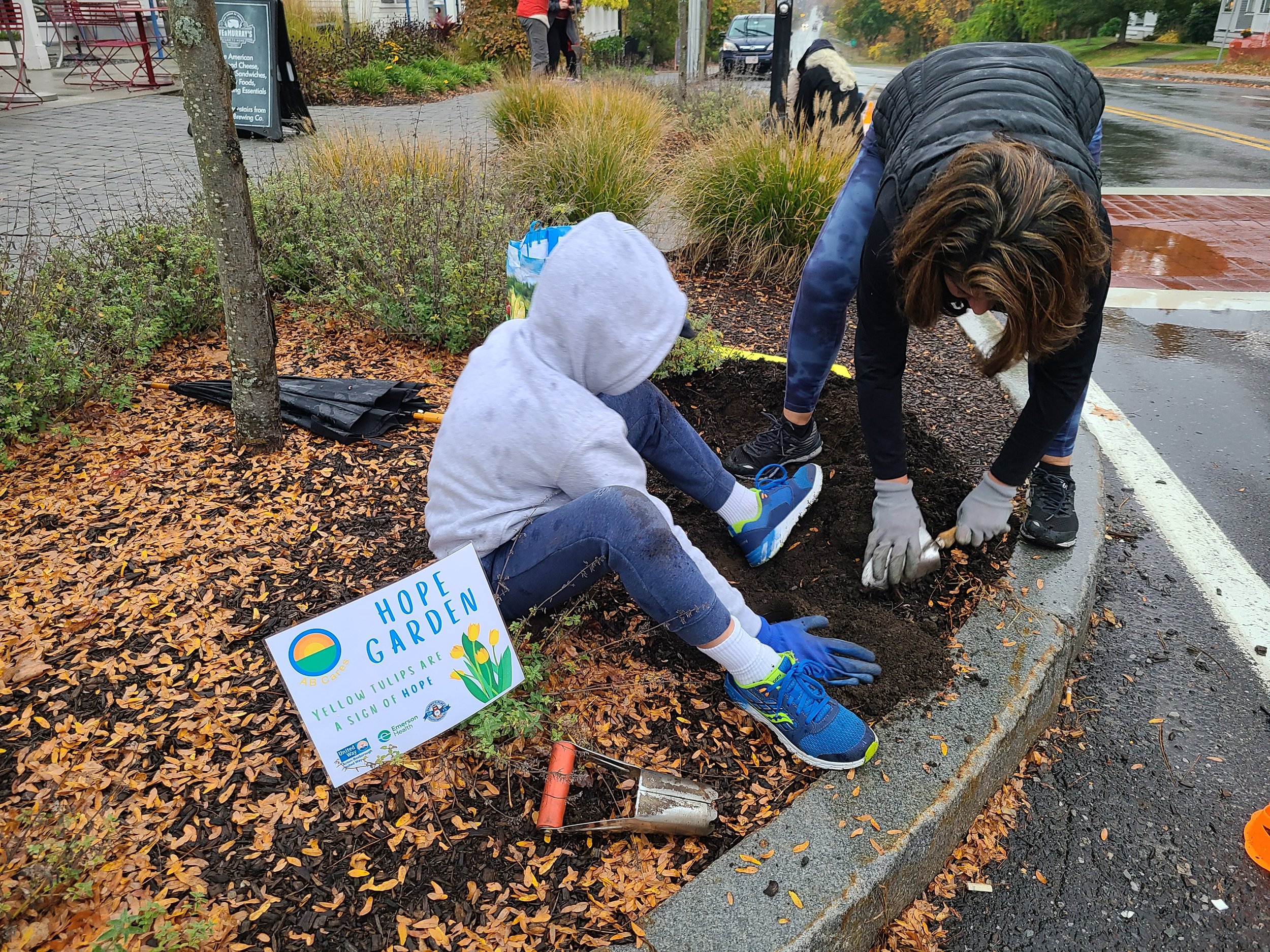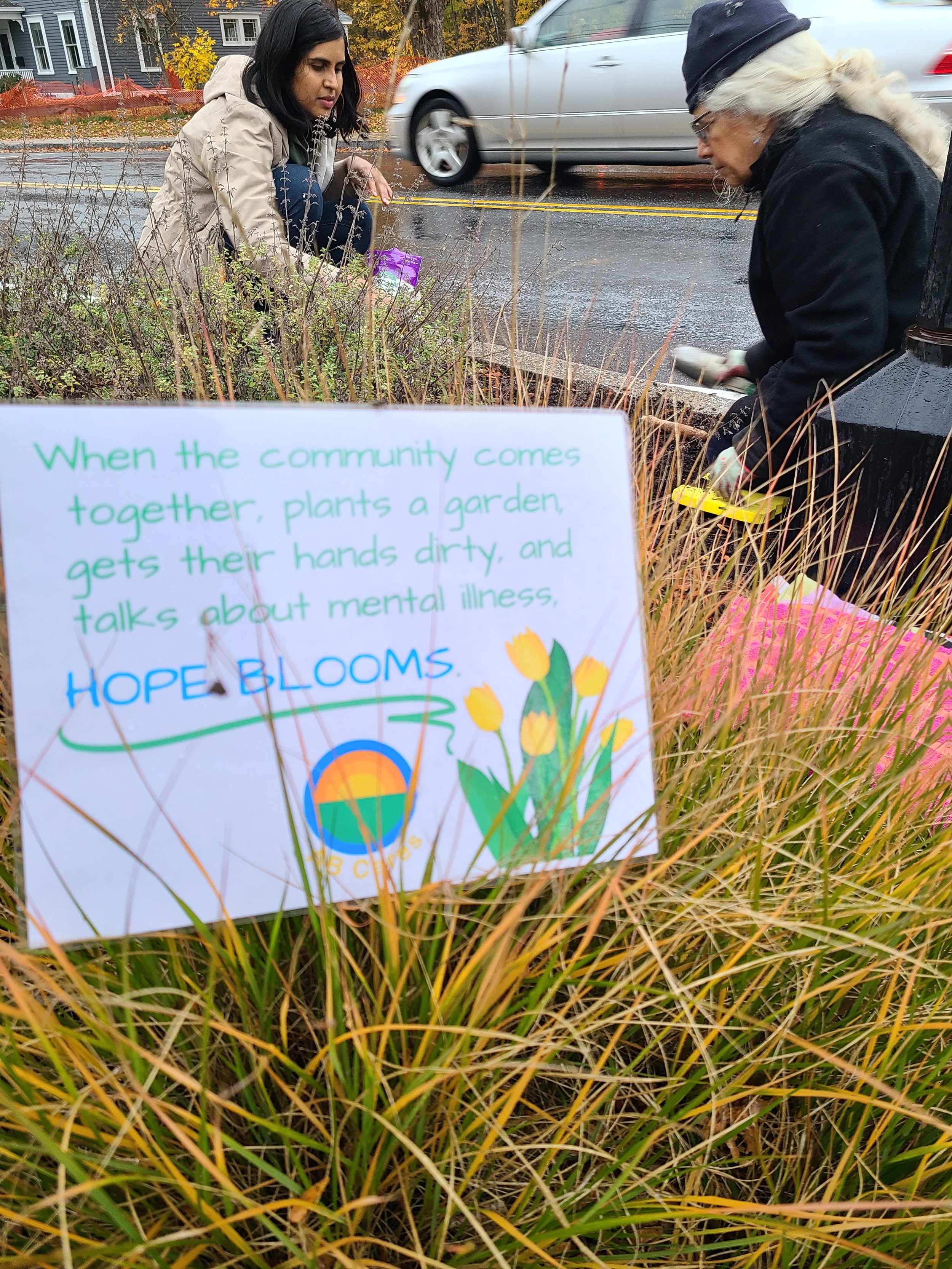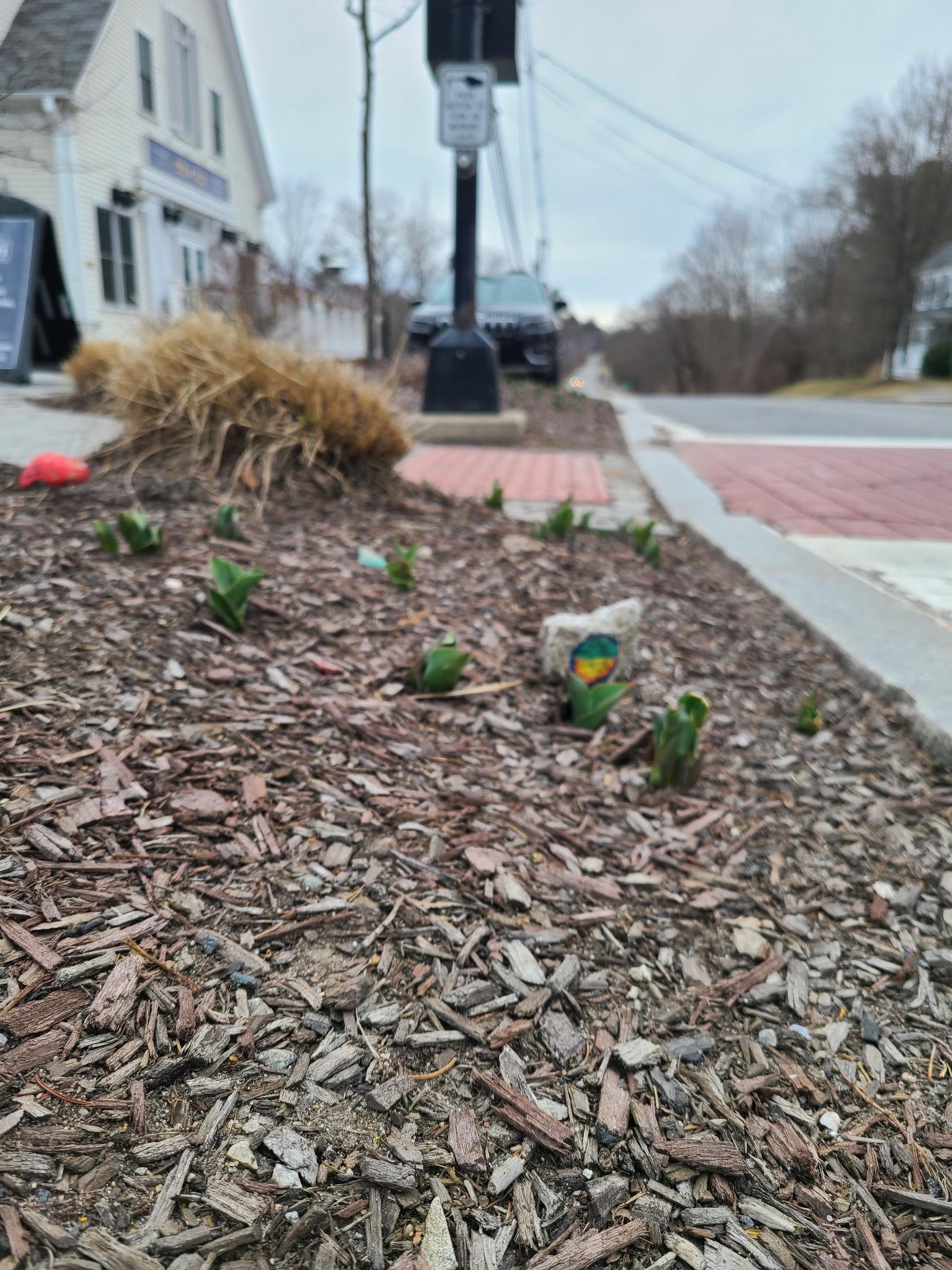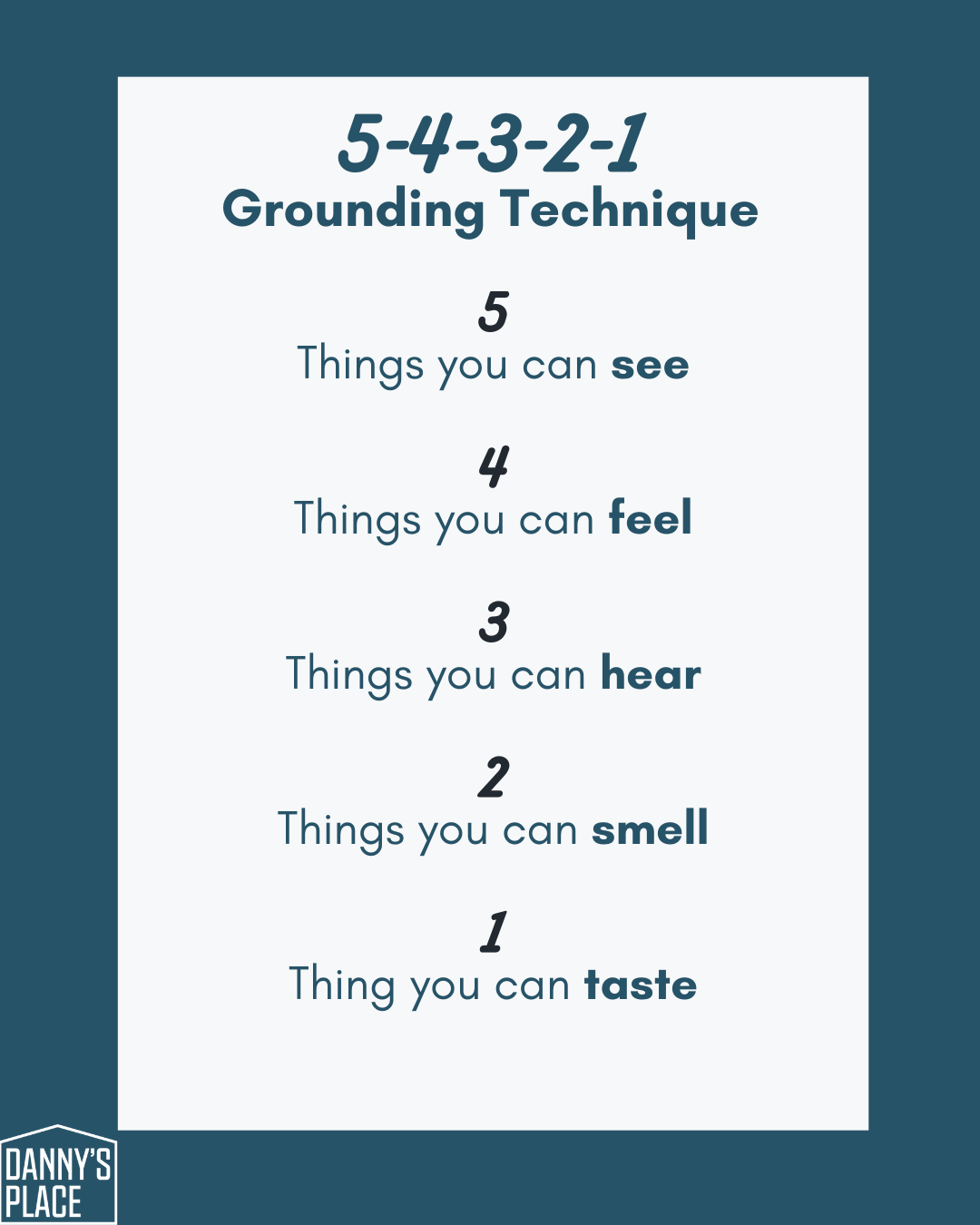How to accept the way you see yourself
Take Control of Your Self-Esteem: Transform Negative Thoughts into Positive Ones!
Do you want to change the way that you see yourself? It can be difficult to break out of negative thought patterns, but with some dedicated practice, you can learn to view yourself in a healthier and more positive light. The process of changing the way you see yourself involves understanding what is causing your self-defeating thoughts and behaviors, recognizing personal strengths and weaknesses, setting achievable goals, developing new skills, and building healthier relationships with oneself and others. With knowledge and hard work, it is possible to transform the way you see yourself into something more positive.
5 Steps to accept the way you see yourself.
Stop right now and think of this question: Is the way you look and think about yourself helping you or hindering you? It's time to take a step back and assess how you are viewing yourself.
1. Identify Your Negative Thoughts: The first step in changing the way you think about yourself is to recognize what negative thoughts you have about yourself. When these negative thoughts arise, take a moment to identify the thought and then challenge it by asking if it’s true or not.
2. Take Responsibility for Your Actions: When you make a mistake or fail to do something, accept responsibility for it. It’s important not to place blame on anyone else and instead take ownership of your mistakes and failures. Doing so will help you recognize that you are in control of the situation and can learn from it.
3. Spend Time With Positive People: Surrounding yourself with people who appreciate and support you can help you to view yourself in a more positive light. Find people who are encouraging and uplifting, as they will be able to offer you the support that you need to focus on your strengths.
4. Practice Positive Self-Talk: It’s important to practice speaking positively about yourself. Instead of speaking negatively about yourself, use words that are uplifting and build your confidence. For example, instead of thinking “I can’t do this” try saying “I will do my best to achieve this.”
5. Celebrate Your Accomplishments: A great way to boost your self-esteem is to celebrate the things that you’ve accomplished. No matter how big or small, recognize and appreciate all of your successes. Doing so will help you to view yourself in a more positive light and realize your potential.
By following these steps, you can start changing the way you think about yourself and ultimately become more confident in your abilities. Remember, it’s important to be kind to yourself and take the time to recognize all of your strengths!
Online resources to help you accept the way you see yourself
There are many online resources available to help you change the way you see yourself.
Three of the most helpful ones are:
Offline Resources to help accept the way you see yourself
1. Danny’s Place Programs: DPYLCJr - A weekly group to help individuals build self-esteem and practice communication skills.
2. Danny’s Place Programs: ConnectNite- Weekly group to connect Middle Scholers to connect and learn more about themselves.
Books that can help you accept the way you see yourself
Feeling inspired and looking for an interesting read?
Look no further than your local bookstore! There is something special about buying at your local bookstore; knowing that you are supporting your community by purchasing items locally.
1. The Power of Self-Confidence: Become Unstoppable, Irresistible, and Unafraid in Every Area of Your Life by Brian Tracy
2. The 7 Habits of Highly Effective People by Stephen Covey
3. The Self-Esteem Workbook for Teens: Activities to Help You Build Confidence and Achieve Your Goals by Lisa Schab
Conclusion
Having a strong sense of self-confidence can be life-changing, allowing you to become unstoppable and unafraid in every area of your life. By focusing on building positive traits such as self-respect and resilience through these works or similar ones, you will be able to gain more confidence within yourself which could ultimately lead to success in all areas of your life.
Setting Boundaries for Self-Care: How to Take Control and Protect Your Time
Setting Boundaries for Self-Care: How to Take Control and Protect Your Time
Let's talk about something that everyone can relate to - the importance of setting boundaries and taking the time to care for yourself.
We all have busy schedules, and it's easy to get caught up in the hustle and bustle of daily life. But if you don't take care of yourself, you're going to burn out. That's why it's important to set boundaries and learn how to protect your time. In this resource, we'll share some tips on how to do just that.
Make a schedule
The first step to protecting your time is to take control of it. Create a schedule that works for you and stick to it. This will help you set boundaries and make sure that you have time for the things that are important to you. When someone asks you to do something during a time that's already booked, politely decline and suggest a different time that works better for you.
Learn to say no
This is an important one! It's okay to say no when someone asks you to do something that you don't have time for or that you're not comfortable with. Saying no doesn't make you a bad person, and it doesn't mean that you don't care. It simply means that you're taking care of yourself and your own needs.
Communicate clearly
When someone asks you to do something that you can't or don't want to do, communicate clearly. Be honest with them and explain why you can't or don't want to do it. Remember, setting boundaries isn't about being rude - it's about taking care of yourself.
Prioritize your needs
It's easy to get caught up in the needs of others and forget about your own needs. But remember, self-care is important too. Make sure that you're prioritizing your own needs and taking the time to do the things that make you happy.
Don't be afraid to ask for help
Lastly, don't be afraid to ask for help when you need it. Whether it's from a friend, family member, or professional, there's no shame in asking for help. Taking care of yourself is important, and sometimes you need a little assistance to do that.
Online Resources for Self-Care and Setting Boundaries
PsychCentral - How to Create Healthy Boundaries - An insightful article that provides 10 practical tips for creating and preserving healthy personal boundaries.
PsychCentral - Ways to say No - A guide to understanding the power of saying 'no' as a form of setting boundaries and self-preservation.
Offline Resources for Self-Care and Setting Boundaries
Support Groups - Joining a support group can be a great way to meet people who share similar experiences and learn how they have set healthy boundaries in their own lives.
Meditation - Taking time out of your day to practice mindfulness can be a great way to relax and get in touch with your own needs. It can help you gain clarity, focus, and a greater sense of self-awareness.
Books - There are plenty of books available on the subject of self-care and setting boundaries. Reading them can provide valuable insights and tips on how to start protecting your time.
Books for teens about Setting Boundaries
Are you feeling inspired and in search of an intriguing book about boundaries? Look no further than your neighborhood bookstore! There's a certain charm in purchasing from local bookstores, knowing that you're supporting your community by shopping locally.
Conclusion:
Taking care of yourself isn't selfish - it's essential for self-preservation and growth. Remember to communicate clearly, make a schedule, and don't be afraid to ask for help when you need it. By taking these steps, you can take control of your time and protect your own well-being. Go out there, set those boundaries, and take care of yourself. You deserve it!
How Journaling Can Help With Mental Health
Though journaling has been around for centuries, journaling has become a popular way to deal with mental health issues in recent years. There are many ways to do it, and the benefits can be great. Here’s what you need to know about journaling and how it can help you.
What is journaling?
Journaling is the act of recording thoughts and feelings in a diary or journal.
It can serve as a tool for self-reflection and introspection, allowing individuals to better understand their thought patterns and behaviors. It can also provide a means of expressing emotions, helping to release pent-up feelings and reduce stress.
Journaling can also serve as a problem-solving tool, as it allows individuals to clearly organize their thoughts and come up with potential solutions to challenges they may be facing.
Additionally, keeping a record of past experiences through journaling can provide insights and lessons for the future.
It’s important to note that journaling isn’t meant to replace therapy or professional help – rather, it can be a useful supplement in managing mental health.
How to get started journaling
If you're interested in giving it a try, there are a few things to keep in mind. First, journaling is personal, so there's no need to worry about writing correctly or neatly. Just let your thoughts flow onto the page.
Second, you can write about anything you want- there are no rules. You can journal about your day-to-day life, your hopes, and dreams, or whatever is on your mind.
Third, journaling can be a great way to track your progress over time. As you look back on old entries, you may be surprised at how far you've come!
So if you're thinking of giving journaling a try, just grab a notebook and start writing.
The benefits of journaling
Journaling can be an incredibly beneficial activity for teenagers. In a world that is often overwhelming and full of stress, journaling can provide a much-needed outlet for emotions. It can also help to boost self-confidence and promote self-awareness. In addition, journaling can encourage teens to think creatively and critically about the world around them. It's also a helpful tool for managing stress and anxiety.
For teens who journal regularly, it can be a valuable outlet for dealing with difficult emotions., developing healthy coping mechanisms, and learning how to express themselves in a productive way.
Overall, journaling is a beneficial activity that can promote mental and emotional well-being in teenagers.
Tips for journaling
There's no right or wrong way to journal, but there are a few tips that can help you get the most out of the experience.
Choose a format that feels comfortable for you. Some people like to write in long paragraphs, while others prefer to bullet point their thoughts. There's no wrong way to do it, so go with whatever feels natural for you.
Don't worry about spelling or grammar - this is your space to freely express yourself, so just let the words flow.
Be honest with yourself. Journaling is a great way to get in touch with your thoughts and feelings, so don't hold back. If something is bothering you, use your journal as a way to work through it.
Make it a regular practice. Set aside time each day to journal, even if it's just for a few minutes. Consistency is key to getting the most out of journaling.
Don't compare yourself to others or try to make your entries sound a certain way, remember that journaling is a personal experience.
By following these tips, you can ensure that journaling is a positive and productive experience for you.
Examples of journals
There are many different types of journals, and the best one for you will depend on your individual needs and interests. For example, if you're a teenager struggling with anxiety or depression, a journal specifically designed for teens may be a good choice. These journals often provide guidance and support, as well as creative prompts and activities designed to help you work through your feelings.
If you're looking for a more general journal, there are also many options available. You may want to choose one that has space for both writing and drawing or one with specific features like goal-setting pages or gratitude journals.
Ultimately, the best journal is the one that meets your unique needs and helps you to feel more connected, balanced, and self-aware.
How to keep a journal - tips to get you started
As mentioned, a journal can be a wonderful way to track your thoughts, feelings, and experiences over time. It can also be an excellent tool for exploring your creative side.
If you’ve never kept a journal before, here are a few tips:
First, choose the format that will work best for you. If you prefer to write by hand, buy a nice notebook that you’ll enjoy using. If you’d prefer to type on your computer or tablet, there are many software programs and apps available that can help you get started.
Second, set aside some time each day to write in your journal. Even just 10-15 minutes can be helpful. Choose a time of day when you’re likely to have some peace and quiet. If you have trouble getting started, try setting a timer and writing until it goes off.
Third, don’t worry about grammar or spelling. This is your journal, so there are no rules. Write as freely and efficiently as you can.
Finally, be patient with yourself. Journaling is a process, and it may take some time to find your stride. Just keep showing up and writing down whatever is on your mind, and eventually, it will become second nature.
Conclusion
If you’re looking for a way to improve your mental health, start journaling. Not only will this help improve your mental health, but it can also boost your creativity and productivity. Follow these tips to get started and reap the benefits for yourself!
Have you ever tried journaling? What was your experience like? Let me know in the comments below! 🐧
Follow us on Social Media
Patience: The Art of Hope
We live in a world that is constantly moving, constantly changing. It can be hard to keep up, and it can be even harder to slow down. But sometimes, slowing down is exactly what we need to do. Patience is the art of hope; it is the belief that healing and growth take time, but that time is always worth it.
The Power of Patience
When we are faced with difficulties, it can be tempting to try to rush through them. We want to fix the problem and move on as quickly as possible. But often, rushing only makes things worse. Rushing through our problems prevents us from taking the time to really understand them and find healthy ways to cope with them.
Patience allows us to step back and see the situation for what it really is. It gives us time to process our emotions and figure out what we need to do next. Patience is not about waiting passively for things to get better; it's about actively working toward healing and growth. And that takes time.
“Remember: patience gives us strength when we thought we were weak, and hope when we thought all was lost.”
The Yellow Tulip Project
Last autumn, Danny’s Place, along with members of AB Cares including AB United Way, planted tulip bulbs in anticipation of the upcoming spring. Despite the downpours, we had hope for what was to come and envisioned the beautiful blooms that would eventually appear.
Now, our patience has been rewarded as the tulips are about to be in full bloom, bringing a feeling of joy, beauty, and optimism into our lives.
This is just one example of how patience can bring us hope and reward us with something wonderful in the end. We all need to be patient with ourselves and others so that we can learn from our mistakes, appreciate the subtle moments, and enjoy life to its fullest.
You can learn more about The Yellow Tulip Project.
Books to read about Patience & Hope
"The Power of Patience: How This Old-Fashioned Virtue Can Improve Your Life" by M.J. Ryan - This book provides a practical guide on how to cultivate patience in our fast-paced world.
"Hope in the Dark: Untold Histories, Wild Possibilities" by Rebecca Solnit - This book explores the importance of hope and how it can inspire change in the face of difficult circumstances.
"The Alchemist" by Paulo Coelho - This classic novel tells the story of a young shepherd named Santiago who embarks on a journey of self-discovery and learns the importance of patience and perseverance.
"Man's Search for Meaning" by Viktor E. Frankl - This book is a powerful memoir about the author's experiences in a concentration camp during World War II and how he found hope and meaning in the midst of unimaginable suffering.
Online Resources about Patience & Hope
TeenMentalHealth.org: This website offers a range of resources and information related to mental health for teens. They have a section on resilience, where you can find articles and resources on topics such as coping skills, positive thinking, and mindfulness. ReachOut.com: ReachOut.com is a website that provides mental health resources for young people. They have a section on their website dedicated to developing resilience, where you can find articles, videos, and tools to help you build resilience and cope with difficult situations.
KidsHealth.org This website provides information and resources on a wide range of health topics for kids and teens. They have a section on coping with emotions, where you can find articles on topics such as stress, anxiety, and coping skills.
Conclusion:
If you are facing a difficult situation, know that patience is the art of hope. Healing and growth take time, but that time is always worth it. Be patient with yourself and with those around you.
Allow yourselves the space to grow in ways you never could have if you had stayed stuck in your old patterns. We may not have control over much in life, but we can always choose to be patient, and with that patience comes the potential for great things!
Thank you for visiting Danny’s Place Resources Page, to learn more about the power of patience! We hope that this has inspired you to approach life with a bit more patience and understanding.
Have a wonderful day! :)
Why Giving Tuesday is the best day to help the youth in Acton-Boxborough Community
Why Giving Tuesday is the best day to help the youth in Acton-Boxborough Community?
Giving Tuesday is a national day of giving that takes place on the Tuesday after Thanksgiving. It's a day when people all across the country come together to support the causes and charities that are important to them. And there's no better cause to support than our youth.
The Acton-Boxborough Community is made up of more than 5,000 students in grades Pre-K through 12. Our community is thriving, but our youth need our help. They need mentors and role models, they need access to resources and opportunities, and they need our financial support.
That's where Giving Tuesday comes in.
When you donate to Danny's Place on Giving Tuesday, you'll be helping to ensure that our youth have what they need to succeed. You'll be investing in their future and making a lasting impact on our community.
Here are just a few of the ways your donation can help:
Mentoring programs that pair students with positive adult role models, like DPYLC and DPYLC Jr.
College and career readiness programs that give students the skills and experiences they need for success after high school, like What's Next Starts Now and The U Project.
Student scholarships that provide financial assistance for college.
After-school and the possibility of summer enrichment programs that keep students engaged all year round, like our Penguin Club Program, Girls on the Run, Sparks and Me, ThinkGive, and Color Equality.
Community service initiatives that teach students the value of giving back. An example of this is, the group of DPYLC that will be raising money to support a Ukrainian Family living in Poland, that has strong ties with a family in Acton.
On Giving Tuesday, please consider making a donation to Danny's Place and support the youth of the Acton-Boxborough Community. Your generosity will make a lasting impact on our students and our community.
Thank you for your support and please help us spread the word! ✨🐧
Perseverance: Why It Matters and How to Develop It
Perseverance is an important quality to develop because it can help us overcome obstacles and achieve our goals. It's not always easy to be persistent, but it is a skill that can be learned with practice. In this blog post, we'll explore why perseverance matters and offer some tips on how you can develop this important character trait.
We all face hardships and setbacks in life. It's how we respond to those challenges that define us. Those who are able to dust themselves off and keep moving forward despite the odds are said to have persevered.
The Merriam-Webster dictionary defines perseverance as "to continue in spite of difficulty or discouragement." When we persevere, we push through the tough times and come out stronger on the other side.
Perseverance is an important quality to develop because it can help us overcome obstacles and achieve our goals. It's not always easy to be persistent, but it is a skill that can be learned with practice. In this blog post, we'll explore why perseverance matters and offer some tips on how you can develop this important character trait.
“Success is not final, failure is not fatal: It is the courage to continue that counts.”
– Winston Churchill
Why Perseverance Matters
Perseverance is essential for success in any area of life. Whether you're trying to learn a new skill, start a business, or get good grades in school, you won't achieve your goals unless you're willing to put in the hard work and maintain a positive attitude even when things get tough.
The ability to persevere is especially important in today's world because we often face more challenges and setbacks than ever before. With instant access to information and constant comparison on social media, it's easy to feel like we're not good enough or that we'll never reach our goals. But if we give up every time things get tough, we'll never get anywhere.
5 Tips for Developing Perseverance
Here are a few suggestions for developing the character trait of perseverance:
Set realistic goals for yourself and break them down into small, manageable steps. Trying to accomplish too much at once can be overwhelming and lead to discouragement.
Find a role model or mentor who embodies the qualities you admire and ask for their advice. Seeing someone else achieve what you want to achieve can be very motivating.
Write down your reasons for wanting to achieve your goal and read them aloud every day as a reminder of why you're doing this.
Make a plan for how you will deal with setbacks so that you don't become discouraged when they happen (and they will happen). For example, if your goal is to eat healthy and you have a slip-up, don't beat yourself up about it--just get back on track with your next meal.
Celebrate your accomplishments, no matter how small they may seem. Every step forward is worth celebrating!
GET OUR WEEKLY FUNSLETTERS
3 Reasons Why You Should Persevere
You'll become stronger. Every time you face a challenge and persevere, you become a little bit stronger. You develop resilience and grit - two important qualities that will serve you well throughout your life.
You'll develop a growth mindset. By definition, perseverance requires effort and determination. It means that you're not going to give up at the first sign of difficulty but instead, you're going to keep going even when things get tough. This type of mindset leads to growth because it allows us to see adversity as an opportunity to learn and grow instead of something that should stop us in our tracks.
You'll achieve your goals. This one is pretty simple - if you never give up, eventually you will achieve your goal. Every success story out there is a result of someone who didn't give up even when the odds were against them. Every time you face a challenge and come out the other side, you're one step closer to achieving whatever it is that you're striving for.
If you’d like some help prioritizing tasks you can take a look at one of our Resources DECISION MATRIX and also, we made a TikTok about it!
In Conclusion, Keep Moving Forward ⏩
Developing perseverance is an important part of achieving success in any area of life Because it allows us to overcome challenges, maintain a positive attitude, reach our goals, and keep moving forward despite setbacks.
Set realistic goals for yourself, find individuals whose journeys inspire you, and make sure to celebrate even the smallest accomplishment!
You got this! ✨
See you next time! 👋
GET OUR WEEKLY FUNSLETTERS
5 things you can do to trust yourself without overthinking
Are you finding it difficult to trust yourself? Do you overthink everything and second-guess your every decision?
If so, don't worry, you're not alone. It's perfectly normal to feel this way sometimes. The good news is, there are things you can do to help build your self-trust.
Here are 5 of them:
Recognize the signs that you are overthinking.
If you find yourself ruminating on negative thoughts, second-guessing yourself, or obsessing over details, it may be a sign that you are overthinking.
Other signs of overthinking include feeling anxious or stressed, having trouble sleeping, and having difficulty concentrating. If you notice any of these signs, it's important to take steps to calm your mind and ease your anxiety.
2. Challenge your negative thoughts.
One of the main reasons people overthink is because they allow their negative thoughts to run wild. If you find yourself thinking negative thoughts, take a step back and try to challenge them.
Are they really true? and if they are, are they kind? Are they helpful? What evidence do you have to support them? is it something out of your control? Can you reframe the thought in a more positive light?
Focus on the present moment.
JOIN OUR FUNSLETTER
Oftentimes, when you examine your negative thoughts more closely, you'll realize that they're not as scary as they seem.
If you are more like a visual person, journaling about it can be helpful too.
3. Practice mindfulness
Mindfulness is a state of being present in the moment without judgment. When you're mindful, you're not focused on the past or the future, but on the present moment.
Mindfulness can help to prevent overthinking because it allows you to focus on what's happening right now instead of worrying about what could happen in the future.
To practice mindfulness, simply focus your attention on your breath and pay attention to the sensations in your body. Allow your thoughts to come and go without judgment or attachment.
Imagine your thoughts not as you but as objects that you can detach yourself from. Some people find it helpful to imagine their thoughts attached to anchors as a way to kindly let them go in the moment. This TikTok will explain some examples of what works for different people.
4. Be aware of your triggers.
There may be certain situations or topics that trigger your overthinking. It's important to be aware of these triggers so that you can be prepared to calm yourself and prevent the overthinking spiral.
One helpful strategy is to have a "toolkit" of calming activities or exercises that you can turn to in moments when you feel yourself being triggered. This could include deep breathing exercises, journaling, meditation, practicing gratitude, or reaching out to a friend for support.
It is important to set a boundary and trust your intuition if you feel the need to take a step back from a situation.
Your gut instinct is often a great indicator of what you truly want or believe in a situation, but it can be easy to dismiss it in favor of overthinking.
5. Seek professional help.
If you find that you're struggling to control your overthinking on your own, it may be good to seek professional help from a therapist or counselor.
We also have a list of simple tools and resources that you can use to manage and grow your mindfulness skills.
YOU’VE GOT THIS! ✨


